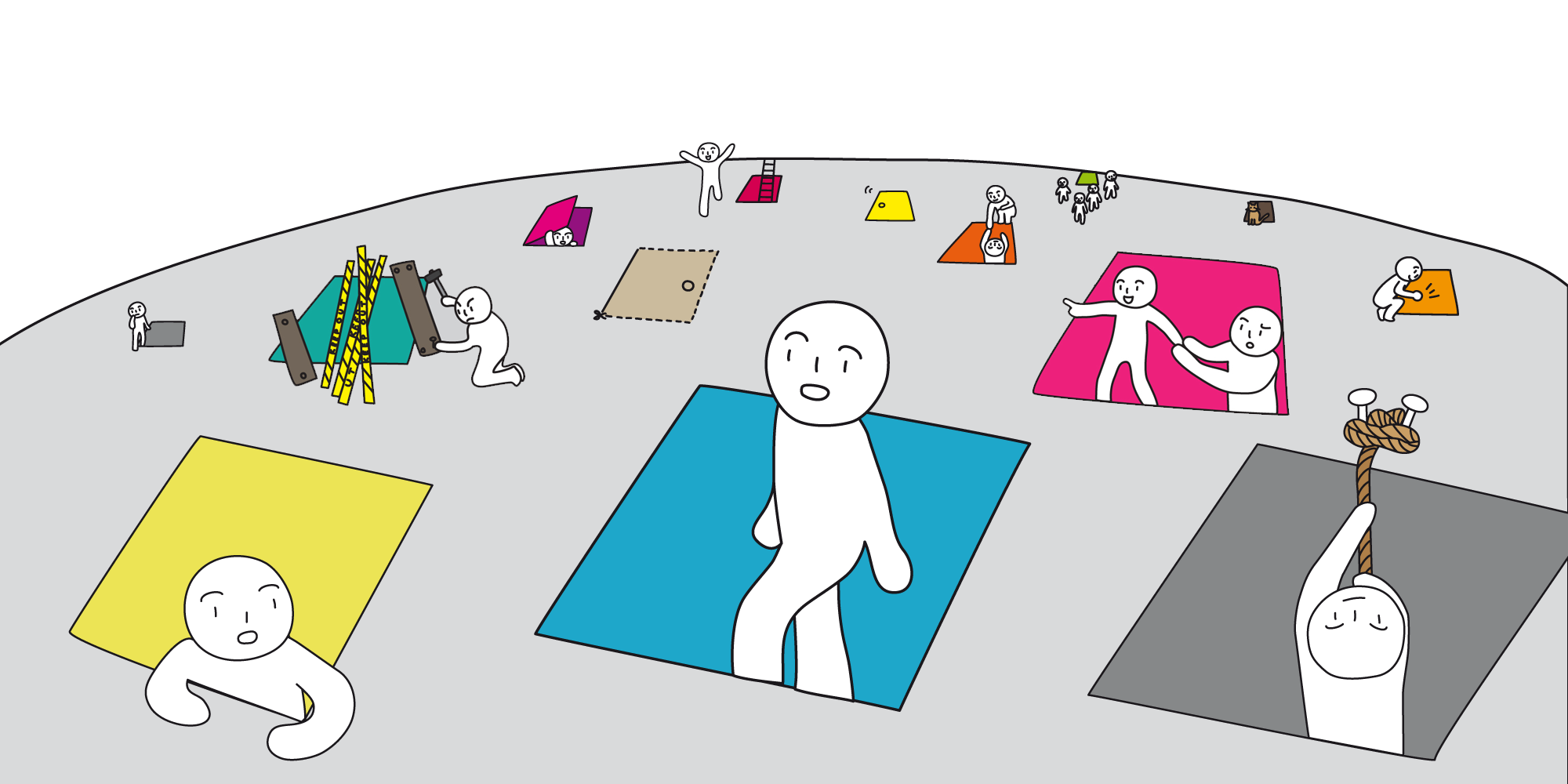POSTCITY
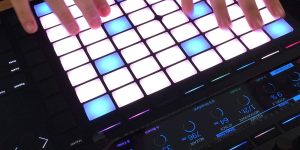
We Revolutionize Music Education: The Neuromusic Education Simulator (NES)
Gerald Wirth (AT), Wiener Sängerknaben/VIve Kumar (IN), Athabasca University (US)
In cooperation with developmental psychologists and pedagogues, Professor Gerald Wirth developed his engagement-centric teaching methodology – the wirth method – aiming at constant high-level student attention. Through neuronal networks activated when using movement to support teaching and through repetitions with variations, contents are sustainably stored in the long-term memory. The use of NES based on the wirth method applying VR & AR allows teachers and students in addition to personal tuition, to practice, gain experience and receive feedback.
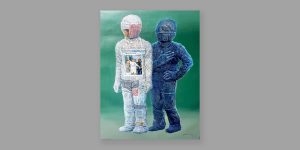
Indonesia Kaya in Augmented Reality, My Identity in Augmented Reality
Budi Ubrux (ID)
Through this app, art lovers can witness the painting come alive, offering an interactive digital experience about what it may have been like to be in the scene during the 21st century as depicted in the painting. It featured newspaper-wrapped heads as a metaphor for image-making desires. Ubrux adapts symbolic language for a new generation: Digital Avatar.

ACIDS: Artificial Creative Intelligence
Philippe Esling (FR)
The Artificial Creative Intelligence and Data Science (ACIDS) team at IRCAM seeks to model musical creativity by targeting the properties of audio mixtures. This studies the intersection between symbol (score) and signal (audio) representations to understand and control the manifolds of musical information.
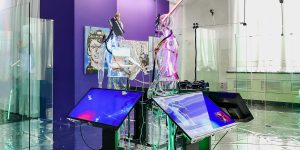
ARTificial Banality, The Faking of Looking, and Alchemical Gaming
Baoyang Chen (CN)
This project explores the ontological dichotomies among us, technology and society by again questioning if machine can think. A brain in the vat craves to be awakened.

Automatic Music Generation with Deep Learning – Fascination, challenges, constraints
Ali Nikrang (AT)
In recent years, there has been a great deal of academic interest on applying Deep Learning to creative tasks such as for generating texts, images or music with fascinating results. Technically speaking, Deep Learning models can only learn the statistics of the data. Thus, they often can learn relationships in the data that human observers have not been aware of, and can therefore serve as a new source of inspiration for human creativity. This workshop focuses on current technical approaches for automatic music generation.

Creating interactive audio systems with Bela
Andrew McPherson (UK)
The workshop will provide an introduction to Bela, an open-source embedded hardware platform for creating interactive audio systems. Participants will get a hands-on introduction to building circuits and programming using Bela, following a series example projects to introduce the basis of building real-time audio systems.
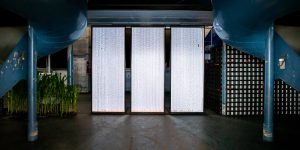
30°
Mathias Foot (DE), Franziska Rast (DE), Stephan Schakulat (DE)
Covering 71% of the Earth’s surface, water is an important part of the global ecosystem. Every development and change in the sea also affect life on earth. Datasets help us to understand conditions and ecological processes such as changes in salinity or temperature. 30° is a data visualization of marine data in the form of an installation.
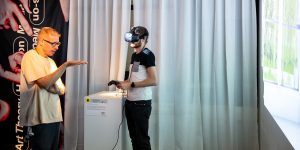
Hands-on Media Art Theory
Masaryk University, Faculty of Arts, Brno (CZ)
New media art is a term denoting the critical, subversive, speculative, and creative strategies which have the potential to test the limits of programmed processes, expressions, and experiences mediated by the infrastructure of information and communication technologies. New media artifacts are a result of creative acts which resemble the work of curators rather than the work of creators, DJs rather than interpreters, and dancers rather than sculptors.
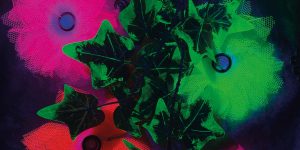
Expert Tour: Interface Cultures
Students of the Department of Interface Cultures
Students from Interface Cultures at University of Art and Design Linz will take you through their exhibition. They present their projects, explain how they came into being and talk about the background of the works. They will focus on the role of technology and art in their works. Everybody is invited to join and raise questions about their art!
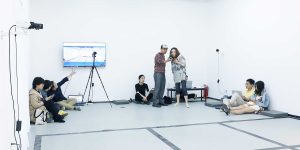
RASA-BOX
Iris Long (CN), Deng Hanbin (CN), Wu Tiancheng (CN)
Rasa is a “mirror” – it evaluates your “emotional state” in real-time based on your gestures. The project explores the limits of the comfort zone of the “privacy of one’s own feelings.” A camera and the algorithms will detect in real-time the skeleton data of the viewers and deduce their emotional state in order to write a sentence that falls in the same emotion category.
